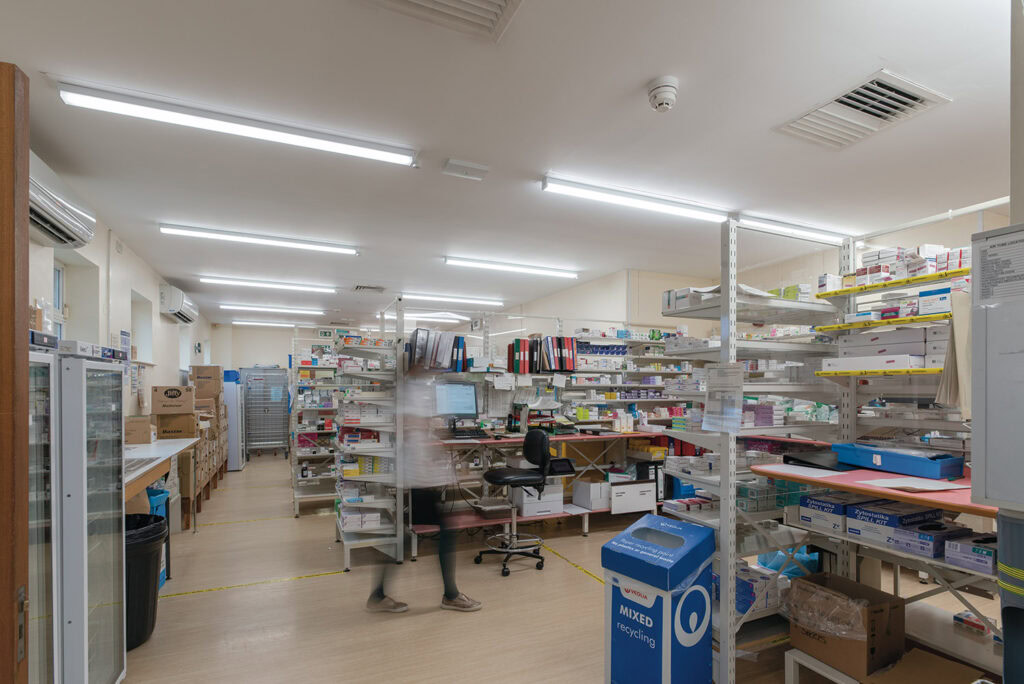The scheme, which is being run by the waste industry trade association ESA, is introducing a system of independent audits for materials recycling facilities to guarantee that sorted material sent abroad is being recycled.
” If WRAP go down the fixed percentage rate I fail to see how this can be adopted by local authorities as a standard.“
– Paul Dumpleton, Shanks
Paul Dumpleton, director materials management at Shanks, was responding to points raised by ESA policy director Mike Walker made earlier this week (see letsrecycle.com story). Shanks is one of the companies involved in the pilot phase of the scheme, which is to be launched in full later this year.
Mr Dumpleton contacted letsrecycle.com to clarify the need to work with existing commercial specifications for materials.
He also raised concerns at the development of the PAS 105 standard by the Waste and Resources Action Programme (WRAP) (see letsrecycle.com story), and how the standard would work with existing markets for material.
The full text of Mr Dumpleton's letter was as follows:
“I read with some interest your article ESA defends recycling plant audit scheme (17.10.06) and I feel there are some points that need clarifying.
“The Registration scheme is potentially the most positive step taken by industry to address the issue of quality control for exported recyclable materials. The scheme for the first time seeks to provide a transparent audit trail from producer to end user.
Standards
“The issue of standards was raised in your article and this I would seek to clarify now. In respect of material specification there are no standards set because they already exist in many forms. Paper mills have their own specifications; Trans Frontier Shipping regulations exist to govern perceived contamination levels and organisations such as the Chinese CCIC exist to monitor quality. It is beyond comprehension that a UK scheme could be set up to alter world paper mill specifications or indeed international export legislation by the imposition of its own contamination percentage.
“Where the scheme does impose quality specifications is in the area of material manufacture and export documentation. Strict acceptance criteria, product sampling and dispatch monitoring are all commonplace in the manufacturing sector so why should this industry be any different.
“If the industry wants to be taken seriously and have its voice heard, self regulation is a major step forward.
WRAP
“The growth of domestic co mingled collections combined with in consistent separation technology and the rapid growth in demand for soft mix in Asia has really been the key activator in this area.
“As WRAP is soon to publish its PAS 105 standard it will be interesting to see to see how this standard addresses the whole issue of contamination levels. If WRAP go down the fixed percentage rate I fail to see how this can be adopted by local authorities as a standard knowing that it potentially excludes a large part of the market.”











Subscribe for free